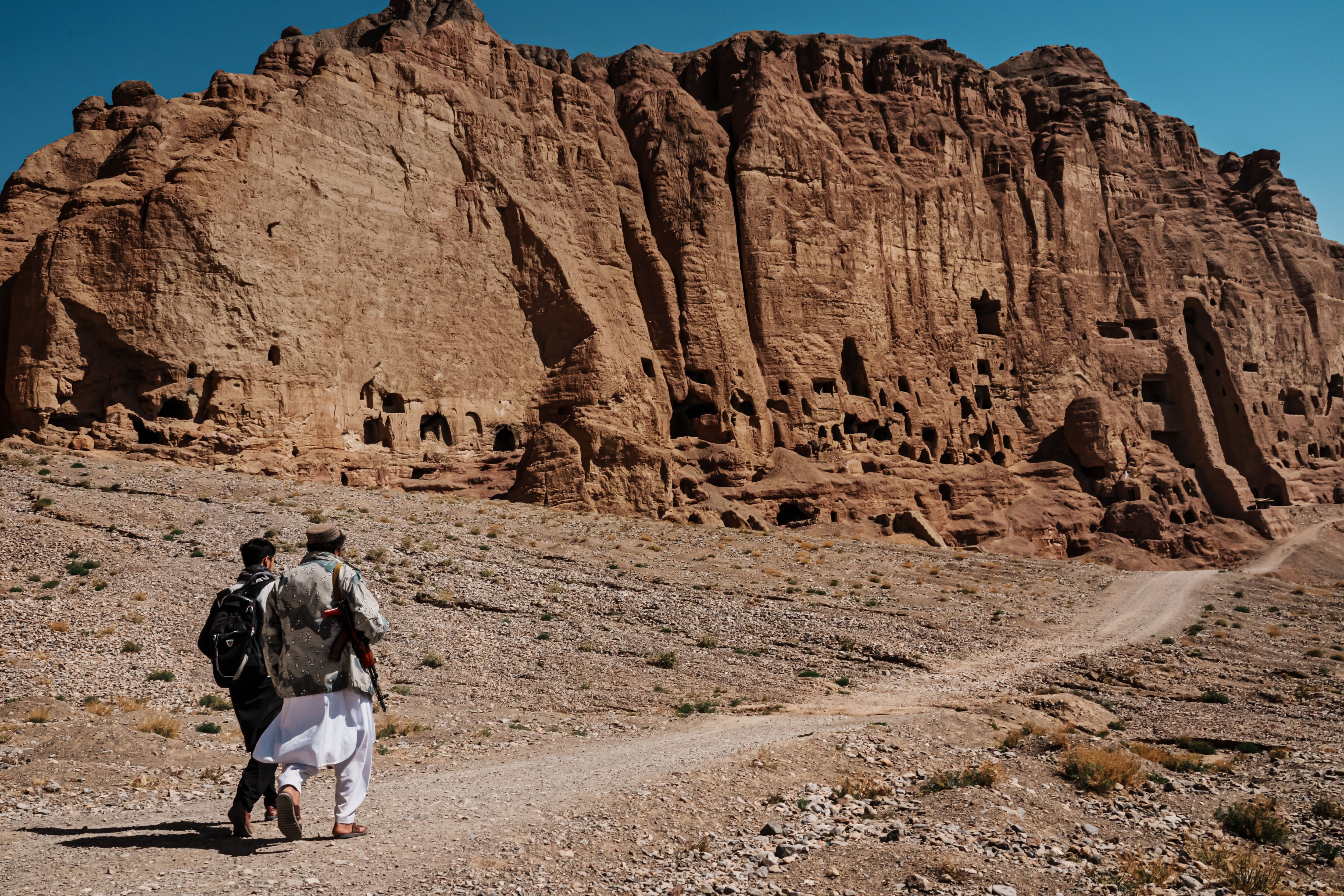Why are students protesting?
College and university students around the country are protesting what they see as Israel’s extreme measures in Gaza in the six months since the Oct. 7 attack by Hamas on Israel.
That attack killed an estimated 1,139 people. Since then, more than 34,000 Palestinians are estimated to have been killed, along with about another 300 Israelis.
Related: Police dismantle pro-Palestinian encampment at UCLA
Exact figures are difficult to come by, as access to Gaza is severely limited and casualty figures typically come from the Gaza health ministry as well as aid groups.
Critics of the protests allege they are driven, at least in part, by anti-Jewish prejudice, known as anti-Semitism.
Why are they urging divestment?
The students want their universities to sever financial ties with Israel and businesses they see as supporting Israel.
The students want their colleges and universities to sell off their investments in companies like Google, Amazon and AirBNB.
Related: Calls to ‘divest now’ at Southern California colleges shine spotlight on complex issue: endowments
Other student groups have also called for selling off investments with military contractors that sell weapons of war to Israel.
This divestment strategy has a long history: Students in the 1970s and 1980s demanded their universities divest from companies doing business in South Africa, due to its apartheid system of government-mandated racial segregation.
On Tuesday, April 30, officials at Brown University agreed that the board that controls the university’s endowment fund would vote on possible divestment later this year. In return, Brown student protestors agreed to take down their encampment on campus.
What constitutes an unlawful assembly?
The phrase “unlawful assembly” has been heard a lot in recent years, from the rallies in response to the George Floyd slaying to the recent protests spurred by the Gaza conflict. It is a longstanding legal term used by law enforcement to deal with a group that purportedly has the “intent of deliberate disturbance of the peace.”
In California, Penal Code 407 declares ““Whenever two or more persons assemble together to do an unlawful act, or do a lawful act in a violent, boisterous, or tumultuous manner, such assembly is an unlawful assembly.”
Is that illegal? According to PC 408, it could be. The code says: “Every person who participates in any rout or unlawful assembly is guilty of a misdemeanor.”
When does a protest become an unlawful assembly? There’s no clear definition. The Constitution gives people the right to assemble peacefully in places such as streets, parks and sidewalks. Generally, a group needs permission to gather on private property — which is why USC officials were able to shut down the school when protesters where cleared from an area within its gates.
What happens to protesters who were arrested at UCLA?
The decision to file charges, if any, will be determined by the Los Angeles City and District Attorney’s Office.
As of late Thursday afternoon, some of the protesters had been released with a promise to appear in court at a later date. Those arrested were booked, including being photographed and fingerprinted, at different police stations, including the Los Angeles Police Department’s Metro Station, as well as at the Los Angeles Sheriff’s Department’s Inmate Reception Center, Los Angeles County Public Defender Ricardo Garcia said.
Lawyers from the Los Angeles County Public Defender’s Office have been “on the ground” at different police stations providing guidance and advice to those arrested, along with community organizations offering support to those released, he said.
“Our immediate concern is ensuring the fair treatment of all individuals involved in the recent events at UCLA,” Garcia said. “… We are committed to providing legal representation and support to those who have been arrested or may face legal proceedings.”
Were the UCLA protesters all local students?
An estimated 300 protesters left voluntarily prior to law enforcement entering and clearing the encampment, UCLA Chancellor Gene Block said in a statement. More than 200 pro-Palestinian protesters were arrested as of Thursday morning. It was unclear how many protesters were inside the encampment during the dispersal, or if those arrested were all local students.
Which law enforcement agencies responded?
Initially, campus police routinely kept watch on local protests, unless they called in larger law agencies for assistance.
For example, UCLA’s campus police force was the lead agency monitoring the encampments, according to law enforcement officials, until outside agencies were called. LAPD sent in teams of officers to assist, as did the California Highway Patrol.
Why the CHP? In addition to patrolling state highways, the agency is responsible for the safekeeping of state property, including public universities such as UCLA. At least 250 CHP officers were involved in clearing the encampment, officials said.
The heavy police presence deployed to and near the UCLA campus also included personnel from the Los Angeles Police Department, the Los Angeles County Sheriff’s Department and elsewhere. Roughly half a dozen sheriff’s inmate-transport buses and several mobile command vehicles were also stationed near the West Los Angeles federal building.
Staff writers Mona Darwish and Beau Yarbrough, the New York Times and City News Service contributed to this report.
Related links
Police dismantle pro-Palestinian encampment at UCLA campus protest, 100-plus demonstrators detained
Pro-Palestinian Cal State San Bernardino students protest war in Gaza
UCI students say meeting tentative with administration as Chapman University encampment forms





